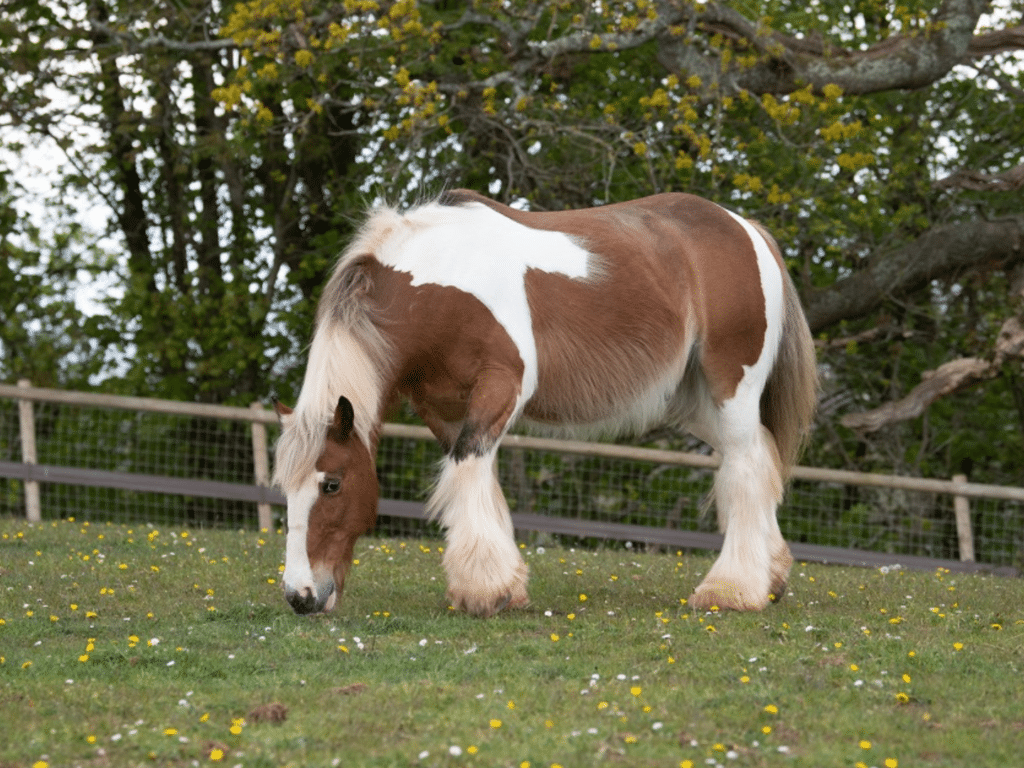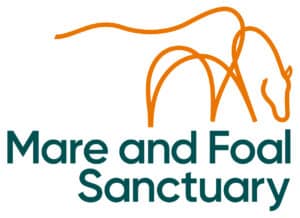
Remembering Arnie
We are sad to share the news that a few days ago we lost one of our former adoption ponies, Arnie.
He is remembered as a gentle, sweet pony who was popular with everyone who met him. With your support we were able to provide years of happiness and health and then, when he needed our help the most, specialist medical treatment and compassionate end-of-life care.
Arnie came to us in 2020 when his owner recognised that she could no longer offer him and his companion Marmite the home they needed. We made room for the pair in our sanctuary and provided the care they needed to live their lives to the fullest.
Last year, it became clear that Arnie’s health was declining. He lost weight and was no longer interested in food. The decision was made to treat his symptoms with steroids. Through his treatment and the care of our team he greatly improved. We were pleased to have been able to give Arnie precious extra months, but last week colic struck and he deteriorated fast. At the end he was able to be in familiar surroundings with care and love from the grooms who knew him best.
It is always hard when our horses and ponies reach the end of their lives, but we know that during the time they spend with us they receive the very best care and attention. Whatever their reason for coming to our sanctuary and however long they are with us, together will always be there for our horses and ponies right up until the very end.
What is colic?
Colic is a general term used to describe abdominal pain and can be caused by a range of issues within the horse’s gastrointestinal tract. There are six main causes of colic, but a long list of potential other reasons it can occur. The scope of possible reasons for colic is the reason that it’s a cited as the leading cause of equine fatalities worldwide.
When a vet attends a horse presenting with colic, they’ll begin by examining the horse to try and determine the cause of the pain. They’ll use this information to decide the next steps. In some cases, colic can be treated medically or surgically. However, colic surgery carries enormous risks and in this situation many horse owners chose not to put their horses through surgery.
Despite trying our best to treat Arnie’s colic with medication, further examinations later in the day revealed more serious symptoms we couldn’t treat. As he wasn’t responding to pain relief, it was decided that the kindest thing to do was to put him to sleep. It’s important that when faced with these decisions we don’t allow our horses and ponies to suffer and provide them with the care and dignity they deserve.



